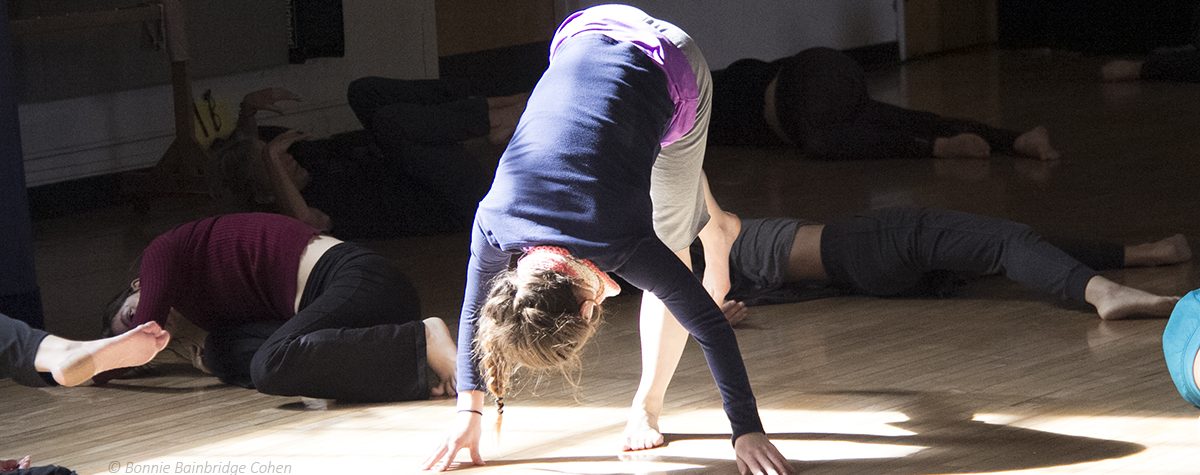
“Part of the problem is that we do things the way that we know how to do them.
So when we repeat things, we keep repeating them over and over in the same way.
Maybe we add more effort or we try to stretch more.
Often we try to use more force and the key is how to use less force.
How to become more efficient rather than more effortful.
If we can understand how it is the body works most efficiently to accomplish whatever the task is, we would be able to improve our comfort.”
– Bonnie Bainbridge Cohen
COMMUNITY QUESTION
It’s interesting, I perfectly understand what you mean, because I experienced it with music, with my violin. I could really feel this area of comfort and effortless which gives me access to another dimension of the practice. It took me years to access. Even the pedagogy tries to include the body into the learning process. Do you think or do you already experiment to pass directly through this effortless low instead of going hard on the instrument and suffering until reaching a really good level to just feel what this comfort could bring and means? Do you ever experience it with a beginner? Do you think a beginner could improve much more rapidly with this idea?
BONNIE
This is a very interesting question. I think that Mr. Suzuki and the method he developed could offer you direct advice in regards to teaching music to children and beginner adults.
My experience is through teaching movement to infants, children, and adults. This includes people who excel in movement, such as professional dancers, to those with serious neurological challenges. Awareness from the beginning improves skill and prevents injury. It’s also more fun and self motivating.
A key distinction is to differentiate between collapsing to diminish effort and discovering how to yield and rebound as the foundation for ease, articulability, and strength. This process requires opening awareness to what we are actually doing.
In reality, much depends upon the embodiment, understanding, and ability to communicate of the teacher who guides us in this early phase of learning.
On the other hand, it is never too late. We are always capable each moment of transformation.